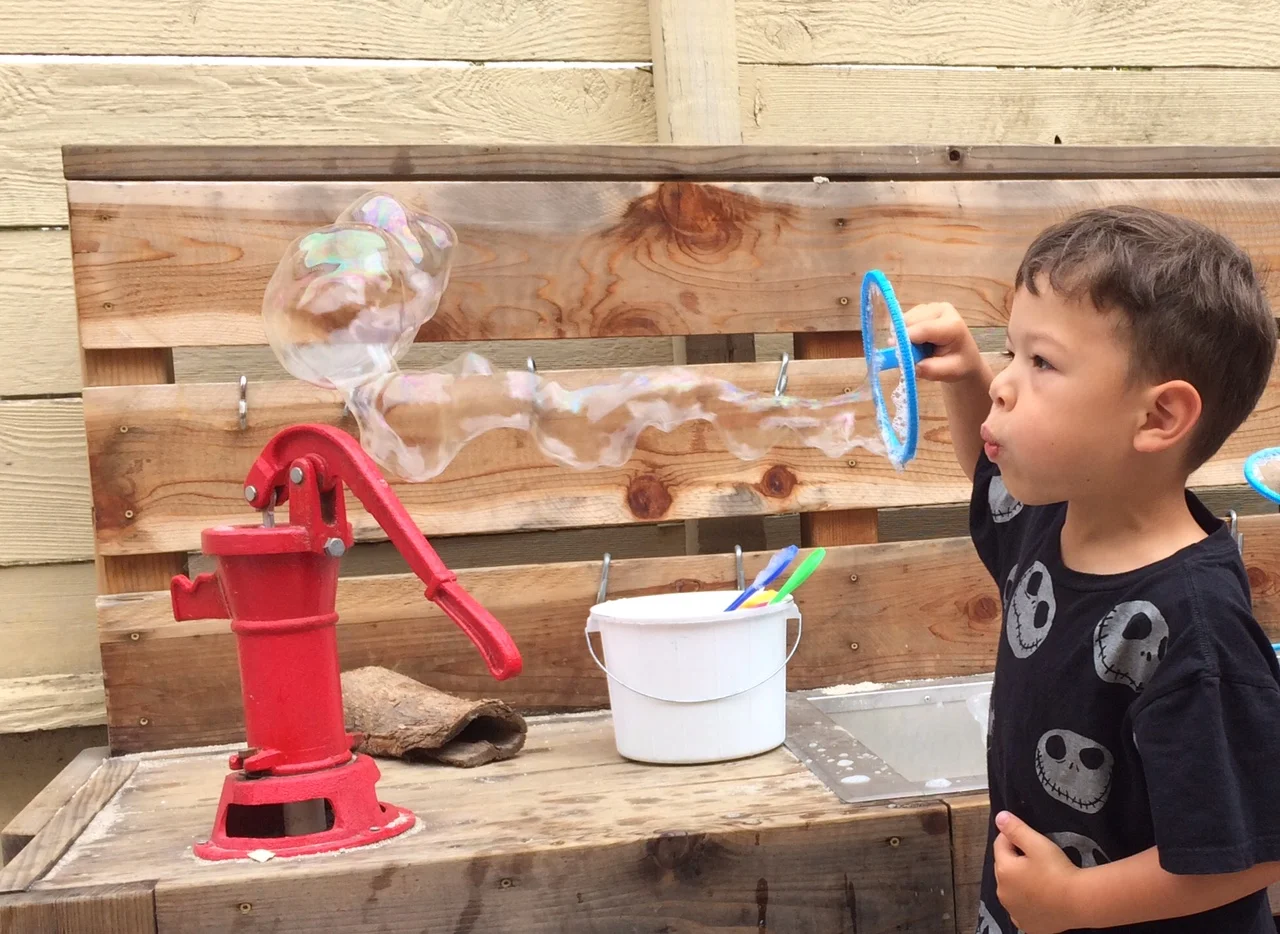PHILOSOPHY
Our philosophy and curriculum are based on our understanding of the ways in which young children learn. We are aware that each child develops individually at his own pace. We are committed to respecting, encouraging, and supporting each child in the process of growing socially, emotionally, physically and cognitively.
Through providing an environment that invites children to observe, to be active, to make choices and to experiment, we provide opportunity for children to develop a sense of competence and feel loved. These help a child develop a positive sense of self.
Our overall approach includes the following tenets:
We engage in developmentally appropriate practices. Readiness is the key to all learning. We are aware that each child develops at their own individual pace. Our program looks at the needs and the developmental stages of children when planning environment, activities, and routines.
Children are our curriculum. Young children learn about themselves and their world through their experiences. Our child-directed, emergent curriculum grows out of children's deeply-felt interests and provides our overall framework. Everything that happens to a child at school is part of the curriculum.
We center our curriculum around children's social-emotional development, an essential part of school readiness and success. Research has documented the role of emotions in allowing children to organize their behavior and learning experiences. We facilitate children's emotional growth by helping them identify their feelings. Children's feelings, even negative feelings, are accepted and respected. Young children's ability to express, understand, and regulate their emotions are an essential part of their socio-emotional and cognitive development.
We respect children's autonomy and see them as individuals with innate competence. In our interactions with children, we treat them and their bodies with respect and provide opportunities for them to tap into their resourcefulness and creativity.
We support children to:
Know that they are competent and always loved.
Develop creative and critical thinking skills.
Expand their ability to recognize and express feelings appropriately.
Develop the ability to resolve conflicts.
Increase their ability for self-regulation.
Build friendships with other children.
Expand their imaginations and creativity.
Explore and discover their world while experimenting with many different materials.

